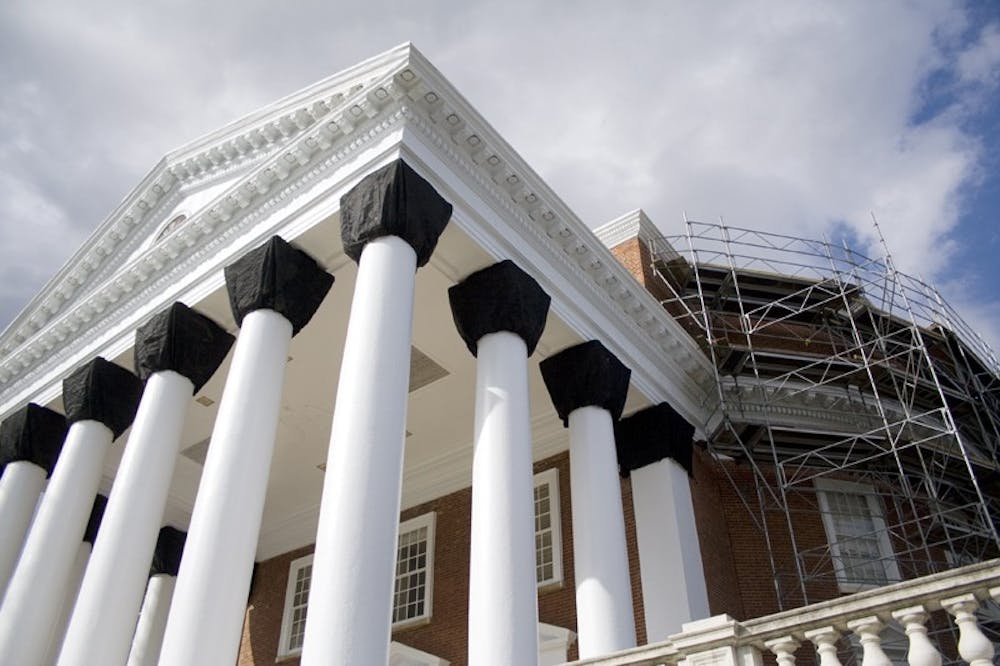The University released its proposal for a new sexual misconduct policy Wednesday — the latest revision since 2011 — in response to recently increased federal pressure to clamp down on sexual violence. The proposal is open for public commentary until Dec. 5.
The updated policy more explicitly defines the channels through which victims can respond to sexual assault, expands the University’s definition of sexual assault and modifies the judicial and reporting procedures related to circumstances of misconduct.
In a news release published Wednesday, the University said the proposed changes come out of the U.S. Department of Education’s Office of Civil Rights modifications of the Clery Act, which require universities to disclose information related to sexual assault incidents on their campuses. The changes take effect July 1, 2015.
Much of the proposed modifications to the University’s current policy serves as clarification of existing procedures and elucidation of potential actions students and University bodies can take in a case of sexual misconduct.
“The Proposed New Policy is significantly longer than the current policy, which is focused almost exclusively on the procedures for resolving student disciplinary complaints,” the release read. “Consistent with new federal guidance, the Proposed New Policy outlines all of a student's options following an incident of Sexual Misconduct, including how to obtain immediate and ongoing support and assistance, how to report an incident to the University and/or to Police, and how to file a University complaint.”
The policy also offers expanded definitions for various terms, including intimate partner violence, domestic violence and stalking.
“The Proposed New Policy adopts the definitions contained in the Clery Act, as amended by [the Violence Against Women Act],” the press release said.
The policy also establishes new means through which students are able to report acts of sexual violence.
“Students may now report Sexual Misconduct via an online system (Just Report It) or they may report by disclosing information about Sexual Misconduct to any ‘Responsible Employee,’” the release said. “The University adopted a new reporting policy on August 25, 2014, requiring all ‘Responsible Employees’ to report student disclosures of Sexual Misconduct to the University's Title IX Coordinator.”
Other significant changes in the new proposal move to modify how the University responds to sexual assault — limiting the scope of the Sexual Misconduct Board to conducting hearings. The policy also requires suspension or expulsion be considered in each case heard by the SMB.
Prevention efforts also play a larger role in the new policy, with descriptions of "training, education and prevention programs offered to University students, faculty, and staff,” the release said.
Emily Renda, project coordinator for the University Student Affairs Office, said the new program will include much greater focus on student outreach and encouraging students to report instances of sexual assault.
“Right now we’re dealing with an administrative culture and a peer culture in some ways that discourages early reporting," she said. "I don’t think that anybody actively discourages reporting [but] it’s more that there are a lot of misconceptions about the system.”
Ultimately, Renda said hopes the policy will spark dialogue about the issue of sexual assault among students.
“I’m hoping that people take the opportunity to look at the policy and actually dig into it,” said Renda. “This is a really important opportunity for students to start engaging with the policy.”





